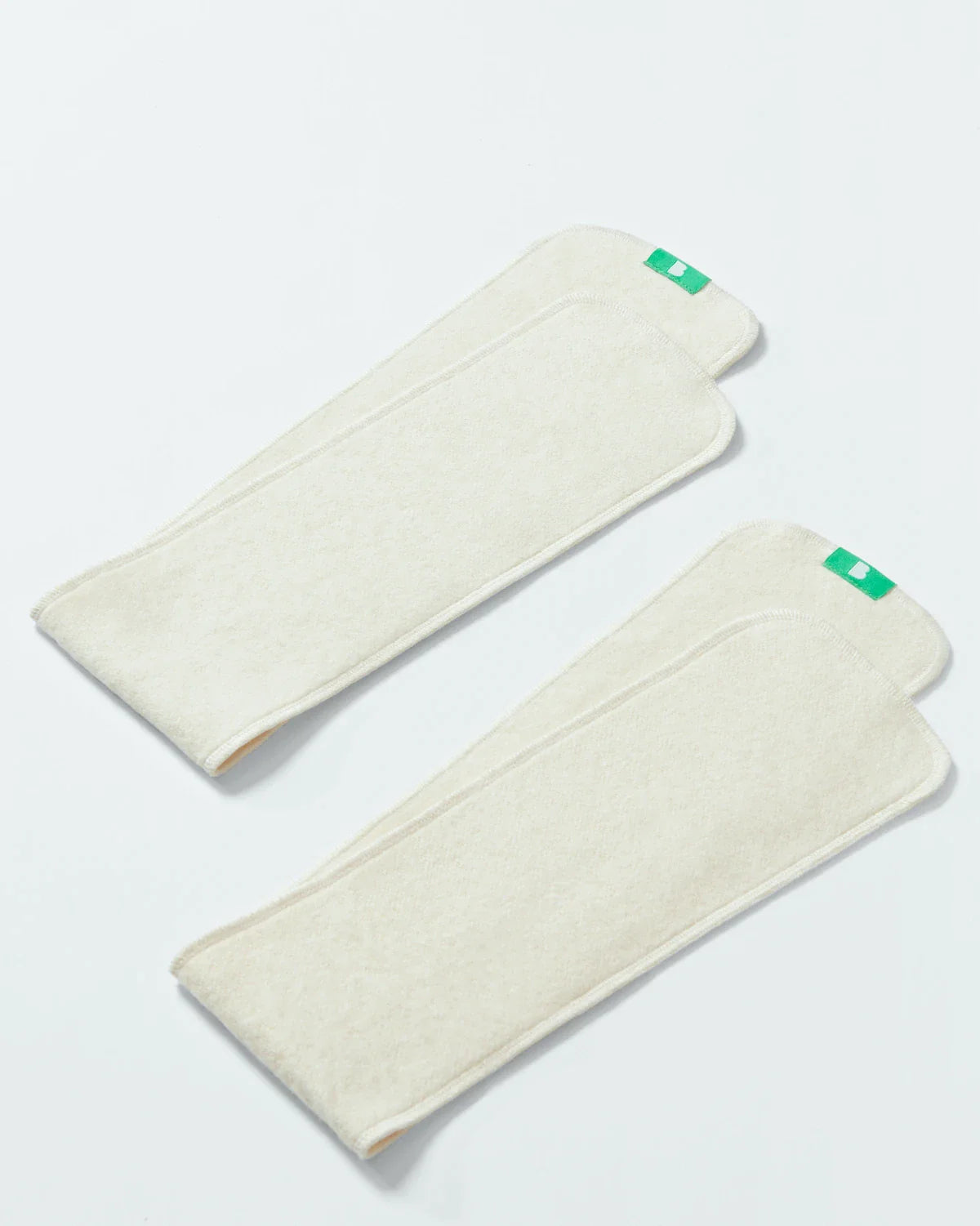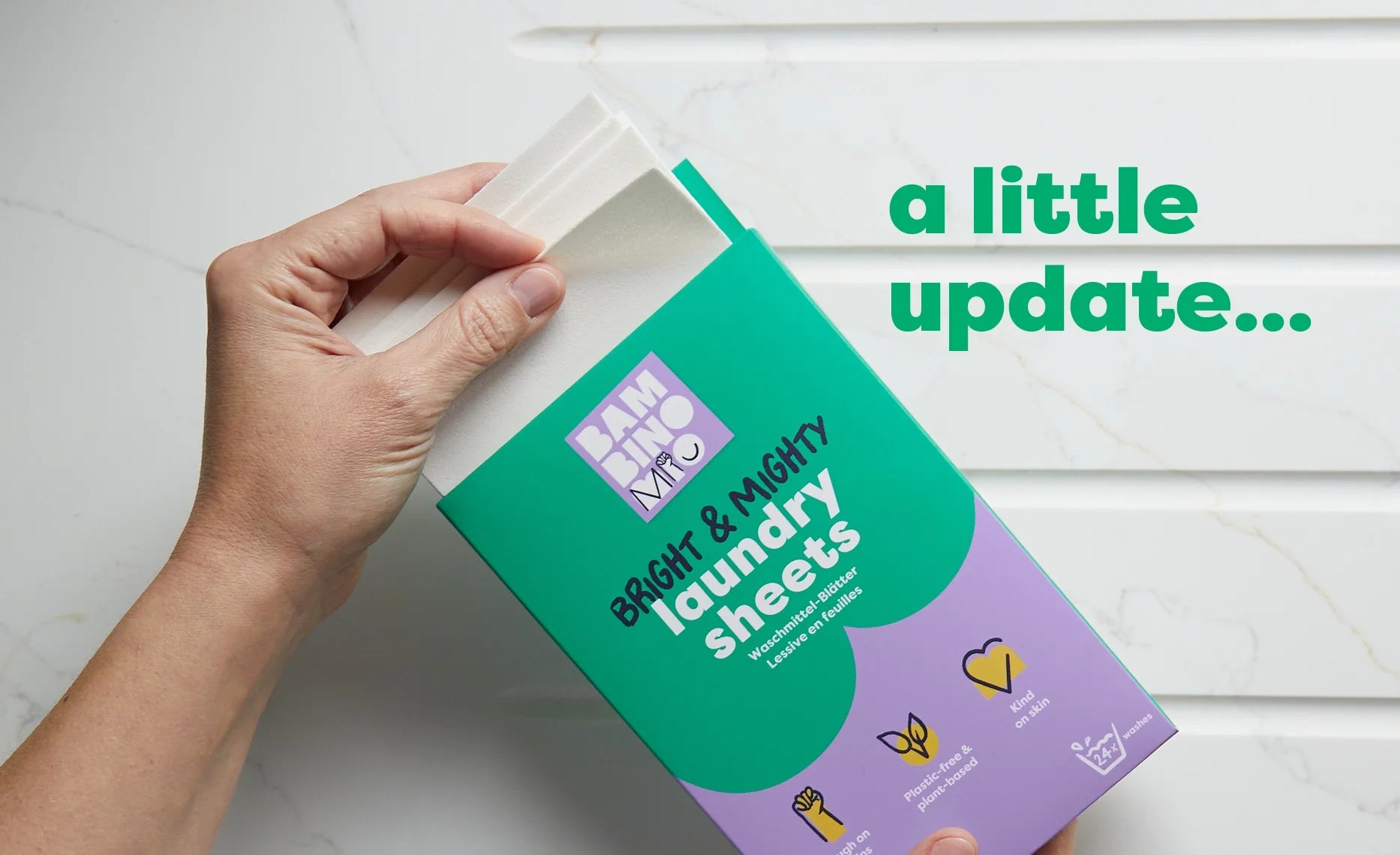Pregnancy Test | Glossary of Pregnancy & Baby Term
Share Options
- Bambino Mio
- 31 / 07 / 2023
Inside this Article:
What is a preganancy test?
A pregnancy test can tell you if you’re pregnant by testing a sample of your urine or blood for a hormone called human chorionic gonadotropin or hCG (1). Pregnancy tests are also known as hCG tests or beta-hCG tests.
Your levels of hCG rise during the first ten weeks of pregnancy after your fertilised egg implants in your womb lining.
Are pregnancy tests accurate?
Pregnancy tests are accurate, but the best time to do a pregnancy test is several days after you’ve missed your menstrual period because your body will have made enough hCG to be easily detectable.
You can buy an over-the-counter pregnancy test or you can see your GP, but there’s no real difference in the accuracy of the tests in either setting. Most pregnancy tests are around 99% (2) accurate and many women take an at-home test before calling their GP.
How do you perform a pregnancy test?
Pregnancy tests are easy to use and you can buy one without a prescription or GP appointment. Your kit will include at least one test stick or strip which reacts to hCG in your urine (3), as well as instructions.
To perform the test you either:
- Hold the test stick or strip into your flow of urine, collecting a small sample onto an absorbent pad which then directs the wee onto the test bed
- Collect a small sample of wee in a clean cup and dip your test stick into it for a few seconds
Once your wee is on the test bed, you simply wait for a few minutes and then check your result. Your kit instructions will tell you how to interpret the results.
To make sure your test is as accurate as possible, you should:
- Make sure your test kit hasn’t passed its expiry date
- Test your wee first thing in the morning, as morning urine tends to have higher levels of hCG because you haven’t had a drink for several hours
- Not drink too much water before you test as if your urine is very dilute it’ll also dilute the hCG
- Use your watch or timer so you don’t check your results too soon or too late, as this may affect the accuracy
Your pregnancy test result
A negative result means there wasn’t enough hCG in your urine sample to show up on the test. This doesn’t mean you’re not pregnant, however, as you may have simply tested too early or your urine may be too dilute. If you have a negative test but you’re still experiencing pregnancy symptoms, then you should wait a day or two and test again.
A positive pregnancy test result means that your sample contained enough hCG to show up on the test. This usually means that you’re pregnant, so you should call your GP to start off your antenatal care programme (4).
Citations and References
- National Institutes of Health. (NIH). National Library of Medicine. ‘Physiology, Human Chorionic Gonadotropin.’ 2022. Web. www.ncbi.nlm.nih.gov/books/NBK532950
- Cleveland Clinic. ‘Pregnancy Tests.’ 2022. Web. my.clevelandclinic.org/health/articles/9703-pregnancy-tests
- University of York. FutureLearn. Science, Engineering and Maths. ‘How Does a Pregnancy Test Work?’ Web. www.futurelearn.com/info/courses/creating-the-amazing-engineering-the-future/0/steps/65276
- National Health Service (NHS). ‘Your Pregnancy Care. Your Antenatal Appointments.’ 2023. Web. www.nhs.uk/pregnancy/your-pregnancy-care/your-antenatal-appointments







































